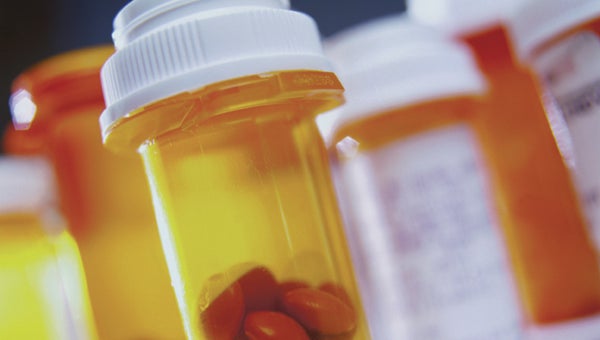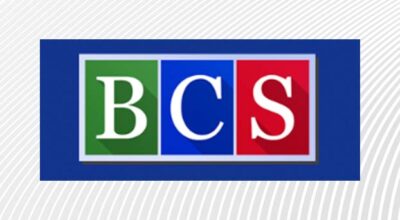Local high school meets need through coursework
Published 8:03 pm Thursday, February 26, 2015
 CHOCOWINITY — This semester, a local high school started a new class in its health occupations pathways, one that links with job availability in the region.
CHOCOWINITY — This semester, a local high school started a new class in its health occupations pathways, one that links with job availability in the region.
Southside High School began offering a course for students on the path toward becoming pharmacy technicians, after the school investigated local job availability and found that many pharmacy technician jobs were available in the area. A Beaufort County Schools’ survey found there was a large interest among students, and the school built the coursework for the program, making the path of study available online to any students who wanted to sign up.
The idea started after school officials were unable to successfully hire a registered nurse, due to pay differentials, according to Dale Cole, principal of Southside. A registered nurse is required to teach the coursework that eventually would lead students to a certification as a nursing assistant and allow them to get a job right out of school or to continue towards a goal of becoming a registered nurse at a college or university. Without that option available, Southside elected to go with a Navy veteran with 30 years of healthcare and pharmaceutical experience as an alternative.
Maurice Taplin is now teaching five pharmacy technician students at SHS in a blended, face-to-face environment while simultaneously teaching one student at Washington High School and 11 students at Northside High School. A total of 19 students are enrolled in the program, which is designed by PassAssured, a training program that supplies the training materials for pharmacists, pharmacy technicians or potential pharmacy technicians. Students at WHS and NHS access the online coursework through the use of Schoology, a learning management system, Cole said.
“This is our pilot year, and we feel this program will grow exponentially in the years to come,” Cole said. “I am also proud that our district is willing to try a framework like this and believe that it will serve as a model for other program areas. Like our Fire/EMT Academy, it is another example of how our rural public school districts are finding innovative ways to align our programs to the desires of all students across the district in a way that we can sustain financially. We believe our students should have access to all of the same programs that larger districts can afford, so, rather do nothing while complaining about a lack of funding, we choose to find ways to innovate.”
Taplin said his experience allows him to teach the students how to effectively become pharmacy technicians. It costs about $500, paid for through federal funding, for each student to take the course and take the necessary testing to become certified. Starting salaries for pharmacy technicians average about $15 per hour. Technicians assist pharmacists with non-judgmental tasks like counting, pouring, weighing, measuring and labeling medicines, use computer skills, interact with customers and use communication skills when dealing with patients. However, the medications are checked by the pharmacist before being dispensed to the patients. Taplin also focuses his instruction on integrity and conducting oneself with honesty, he said.
“It’s not extremely difficult, but it’s not a cakewalk,” Taplin said. “You have to be a motivated student. It’s a goldmine for them to get involved in, and it has a lot of responsibility with it. I augment it, stressing honesty and integrity. You can obviously hurt or cause someone to lose their life if you miscalculate.”
Taplin said this same program would cost thousands of dollars if a student waited to take it in college. It has been well received by students who are currently enrolled, and has given them a leg up in life, whether they pursue the career further or use it to seek employment, Taplin said.
“They are definitely motivated and realize the challenge,” Taplin said. “They realize it’s something to be proactive about. We do stress the seriousness of what they’re getting involved in—they’re helping a pharmacist prepare medicine that will go into someone’s body. But it’s an opportunity for a young person to really come out of high school with a viable and very stable first-start economic situation. Here’s something that gives you a credential you can carry with you wherever you go.”





